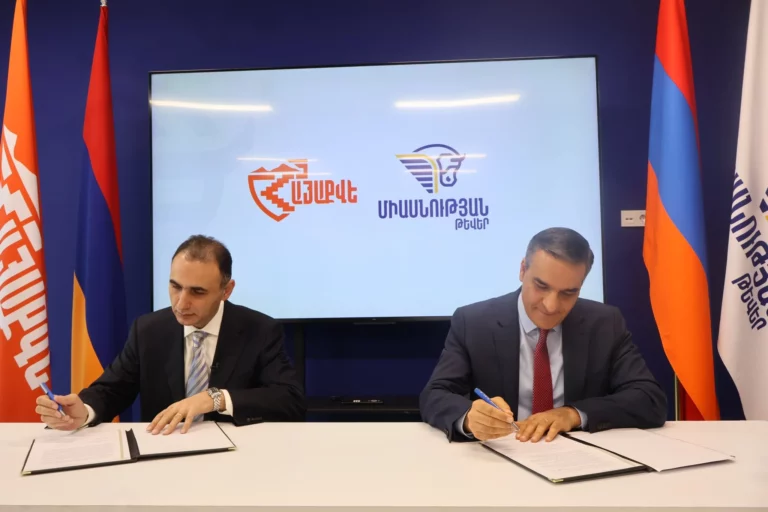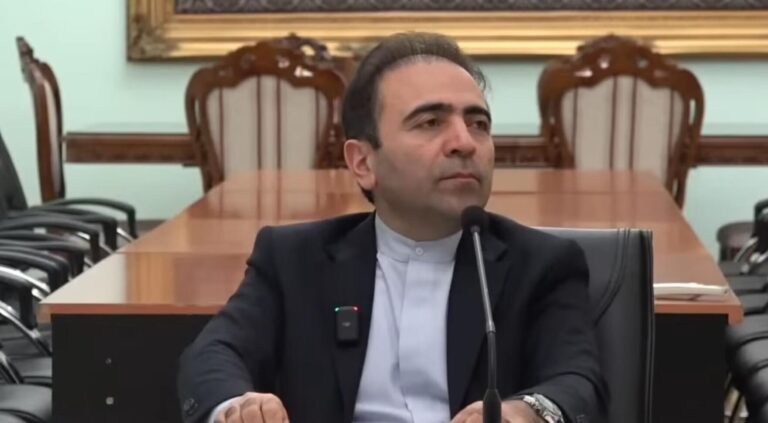Why does London need Artsakh?
November 10 2023, 11:37
The 44-day war ended three years ago. November 9 will remain one of the blackest dates in the history of our people. On this mournful date, we should talk about another country, besides Azerbaijan and Turkiye, that was interested in the fall of Artsakh and in unleashing a war in the South Caucasus. Now is the time to talk about it, especially when the Guardian published a new article.
The article points out that the fossil fuel projects of British Petroleum helped the official Baku prepare for military aggression in Nagorno-Karabakh. This conclusion was reached by the staff of the non-profit organization Global Witness, which fights against human rights violations by corporations and countries exporting natural resources.
An analysis conducted by Global Witness showed that Azerbaijan’s economic dependence on BP, its largest foreign investor, indirectly helped finance Azerbaijan’s military aggression against ethnic Armenians in the “disputed region”, forcing more than 100,000 people to leave the territory in September. The study also suggests that since 2020, BP has supplied Baku with oil and gas worth almost $35 billion (28.6 billion pounds), which has helped increase military spending by more than four times since 2020.
Let us recall Great Britain’s position during the 44-day war and what interests it has in Azerbaijan getting Artsakh.
1. Former British Prime Minister Boris Johnson was almost the first Western leader to hold talks with Turkish President Recep Tayip Erdogan on September 28—almost immediately after the start of the war in Karabakh, that is, even before Turkish public declarations about its comprehensive and unconditional support of Azerbaijan in the conflict.
2. On November 5, 2020, then Deputy Foreign Minister of Armenia Shavarsh Kocharyan stated that at a closed meeting of the UN Security Council, one of the permanent member states disrupted the coordination of a unified position on the escalation of the conflict in Artsakh. This state was the United Kingdom, and this was done in conditions when the OSCE Minsk Group Co-Chairs had a common point of view on the need to adopt a statement on the situation in Artsakh.
3. On October 27, when the hostilities in Nagorno-Karabakh were underway, the British company Anglo Asian Mining announced plans to start work on the search and extraction of gold in the territories that came under the control of Azerbaijan.
4. Almost immediately after the end of the hostilities, it became known that official London was ready to assist Azerbaijan in demining the territories in Karabakh “liberated from the Armenian occupation,” as the former British ambassador to Azerbaijan, James Sharp, said at the time.
And in the years following the war, Great Britain supported official Baku, bought all new mineral deposits in Artsakh, for example, the Kashen deposit. However, London’s interest is not limited only to Artsakh and its mineral deposits. Artsakh, which has come under the control of Baku, as well as the seizure of the territories of Armenia (as the American Stratfor wrote about last month), are seen by London as an area for attacks against Iran, attacks in which Azerbaijan will play the role of a “supplier of cannon fodder”. “Cannon fodder”, which should allow London to regain control of Iranian oil fields that it claims as its own.
The key moment in bilateral relations between Iran and Great Britain was the granting of the D’Arcy Concession to London in 1901 for the development of oil fields in the south of the country. The concession led to the creation in 1909 of the Anglo-Persian Oil Company (since 1935, the Anglo-Iranian Oil Company), which profited from oil production from Iran’s richest fields.
In 1914, the British government acquired a controlling stake in the company, which put the entire Iranian oil industry under the full control of England. However, by the early 1950s, anti-Western and anti-British sentiments had intensified in Iran. In the spring of 1951, Iranian Prime Minister Mohammad Mosaddegh signed a law on the nationalization of oil fields, expelled all British experts and advisers from the country, and in 1952, severed diplomatic relations with Great Britain.
Later, there was a “détente” in relations of two countries. In June 1972, during the visit of the Shah of Iran, Mohammad Reza Pahlavi, to London, a defense order for 500 million pounds was placed in England. However, in April 1979, after the Islamic Revolution, Iran terminated military contracts with Great Britain, in response to which many Iranian assets were frozen in the West, and London began to develop plans that, as noted above, would allow it to regain control of “its” Iranian oil fields. And one of the ways to “reach these deposits” is to destabilize the situation in the South Caucasus with the subsequent unleashing of a large-scale war.
If we summarize all of the above, we can come to the logical conclusion that the strategic target of British policy in the South Caucasus is Iran with its hydrocarbon resources, and London’s partners in the implementation of its anti-Iranian plans are Turkiye and Azerbaijan; the latter was promised Artsakh as a bonus. Moreover, having completed its plan, London can “kill several birds with one stone”, since another huge hotbed of instability will appear near the borders of Russia and Moscow will lose one of its most important partners.
Given the above, it seems strange that the Armenian authorities, through controlled media, “feed” the public with stories about the “Russian-Turkish alliance against Armenia”, but no one will find a word about the potential “British-Azerbaijani alliance against Armenia”. Could it be that Pashinyan is also a tool of the same forces that manipulate the Azerbaijani authorities?







